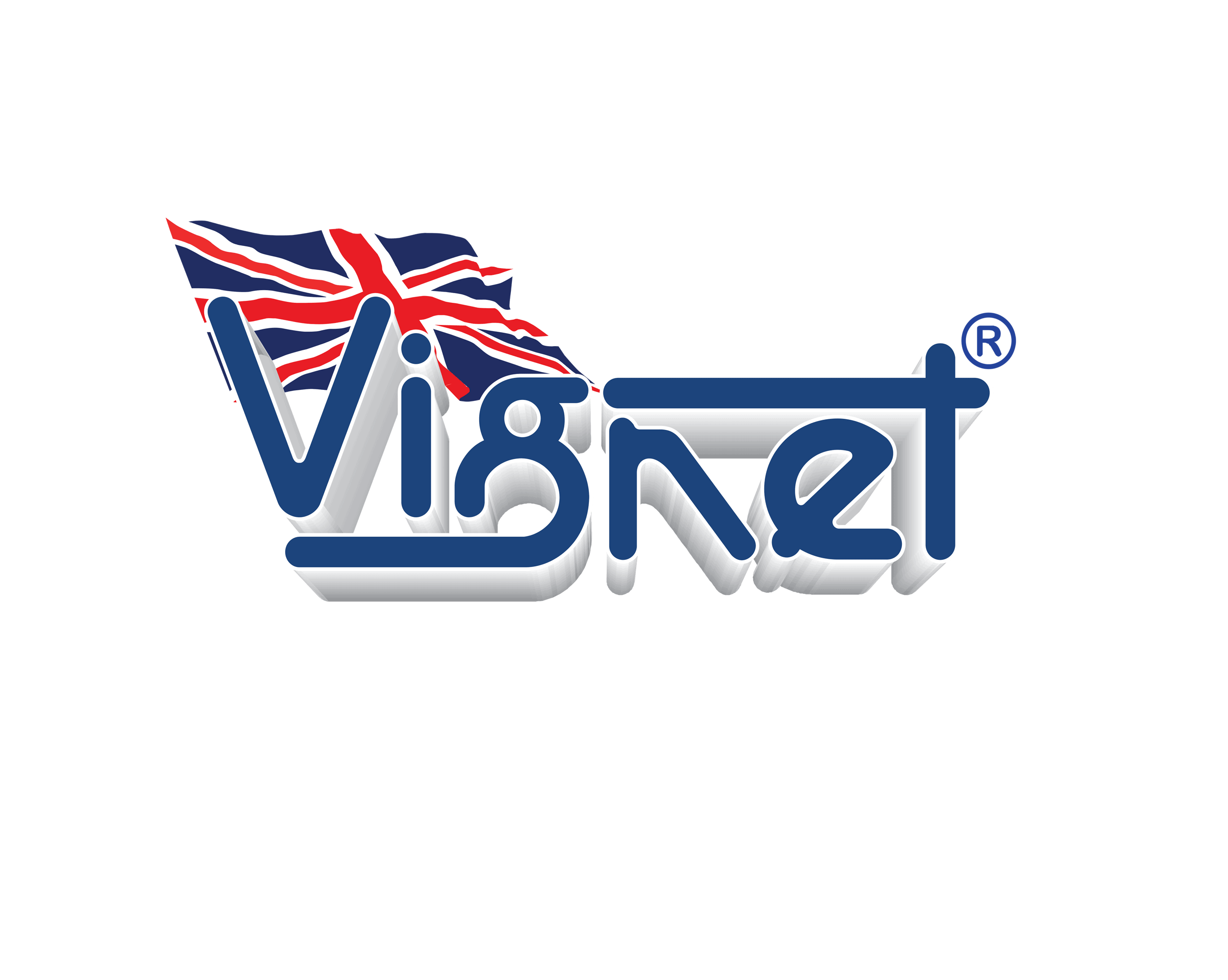Introduction
Medicine addiction is a complex and pervasive concern that affects individuals, households, and societies global. Its characterized by the compulsive use of drugs despite their particular harmful effects. Medication addiction is a worldwide issue that transcends social, personal, and financial boundaries, affecting folks of all many years, events, and experiences. This report aims to provide a short history of medicine addiction, highlighting its causes, results, and feasible solutions.
Factors that cause Drug Addiction
Different aspects contribute to the introduction of drug addiction, including genetic, ecological, and behavioral elements. Genetics be the cause in determining a person’s susceptibility to addiction. Research suggests that specific genetic elements will make specific people prone to becoming dependent on medications. Environmental facets, including contact with substance abuse inside the family members or neighborhood, additionally play a substantial part. Also, psychological and social facets, including anxiety, psychological state dilemmas, and peer pressure, can contribute to addiction.
Results of Drug Addiction
Medicine addiction has extreme repercussions on people and culture as a whole. At a person level, medicine addiction can considerably impair your actual and mental health. Substance abuse may cause persistent diseases, including liver and lung harm, heart disease, and a heightened risk of infectious diseases like HIV/AIDS. Additionally, medication addiction frequently leads to emotional conditions particularly despair, anxiety, and psychosis. Additionally, addiction can stress private connections, cause economic instability, while increasing the possibilities of criminal participation.
On a broader scale, medication addiction places a large burden on community. It impacts healthcare methods, as addiction-related medical remedies and rehab programs tend to be high priced. Also, medication addiction plays a role in increased criminal activity prices, as individuals may turn to illegal tasks to maintain their addiction. Furthermore, drug-related accidents and weakened efficiency hinder financial growth and development.
Possible Solutions
Handling drug addiction calls for an extensive and multi-faceted method. Prevention efforts should concentrate on knowledge and raising awareness concerning the risks of drug use. Efficient methods consist of school-based avoidance programs, community understanding campaigns, and specific treatments for susceptible populations.
Additionally, treatment and rehab options must certanly be made accessible and affordable to all or any those experiencing medication addiction. This requires establishing Chiang Mai Rehab centers, providing counseling and treatment, and ensuring the accessibility to medication-assisted treatment techniques including methadone or buprenorphine. Help companies and aftercare programs are vital in ensuring long-lasting recovery.
Additionally, there’s a need for stricter legislation and control into the pharmaceutical industry to stop the abuse of prescription drugs. Ensuring the availability of alternate pain management techniques can decrease the reliance on opioids, reducing the chance of addiction.
Conclusion
Medication addiction is a complex problem with profound consequences for folks and culture. Its factors tend to be multi-faceted and need multiple methods to prevention and treatment. By increasing awareness, improving education, increasing use of treatment, and implementing stricter regulations, community can take significant measures toward decreasing the prevalence and influence of medicine addiction. Combating medication addiction necessitates collective efforts from governments, health care experts, communities, and people to mitigate its results and offer help to those affected.
